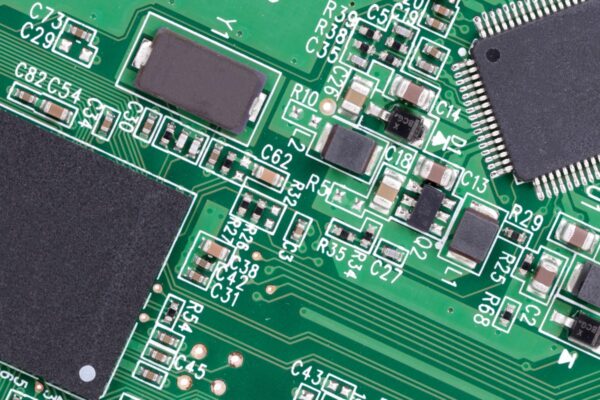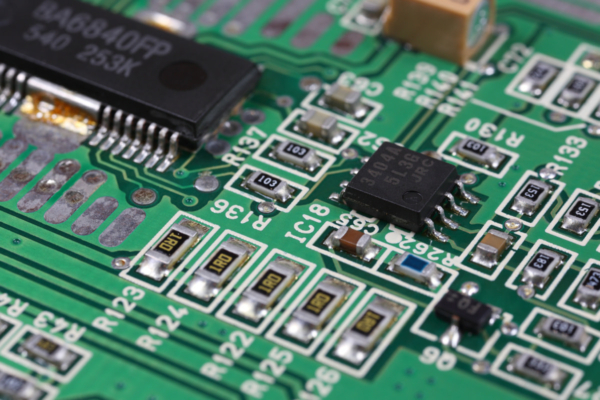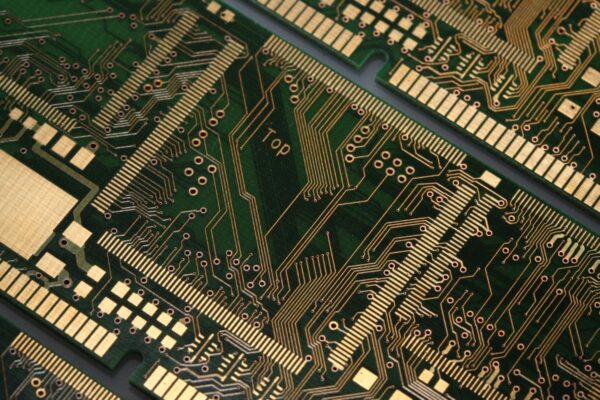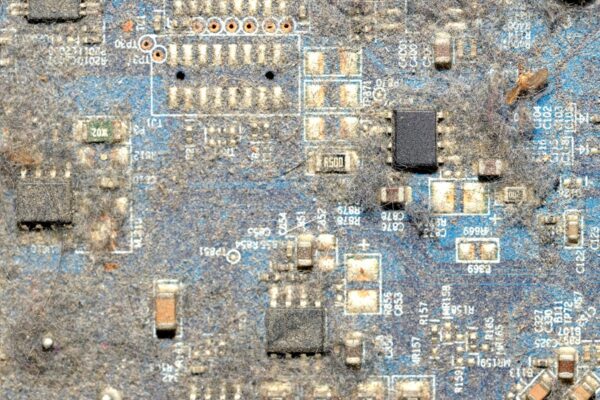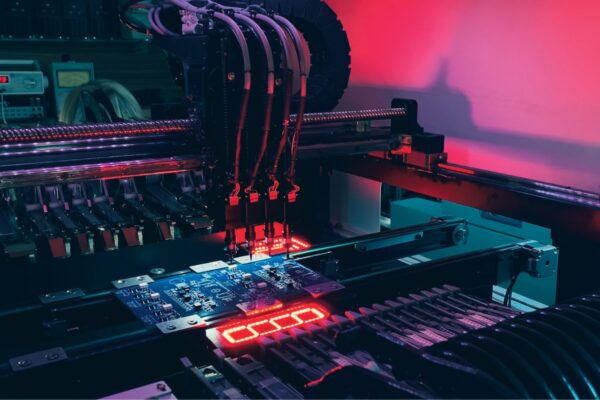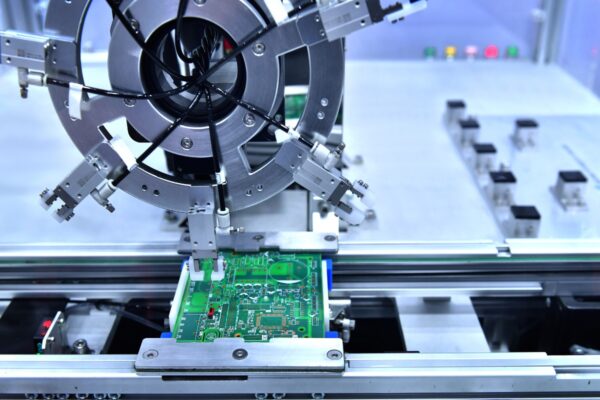What is Dicyandiamide (DICY)
Dicyandiamide (DICY) is a hardener solution commonly for curable epoxy resin. It is a chemical compound that is dissolved in an amine and is typically free of organic solvents. The solution consists of a liquid multifunctional amine and contains no more than 15 weight percent of dicyandiamide.
The addition of DICY to the hardener solution enhances the cure speed compared to using the pure amine alone. This solution is stable for storage and fully compatible with epoxy resins. It is particularly suitable for applications such as continuous winding and impregnating glass fiber-reinforced fabrics and natural fibers.
Epoxy resins, which utilize the amine/DICY curable epoxy formulation, offer various desirable properties. These include high impact strength, abrasion resistance, excellent adhesiveness to most raw materials, and good stability towards water and chemicals. Consequently, epoxy resins find wide applications in the PCB industry, including coating resins, casting resins, varnishes for printed circuit boards, adhesives, and reinforced plastics.
Dicyandiamide is commonly used as a hardener in epoxy resin mixtures. It can be used alone or in combination with a hardening accelerator, such as dimethylbenzylamine, 2-methylimidazole, or tetraalkylguanidines, to further enhance the curing process.
In the past, solvents or solvent mixtures were employed to dissolve all the components of epoxy resin mixtures, including DICY, to ensure a homogeneous distribution on the fibers to be impregnated. However, recent developments have focused on formulating solvent-free systems or using alternative solvents, such as dimethylformamide, low boiling ketones, and alcohols.
The industry’s goal is to develop simple formulations based on DICY and epoxy resins that are applicable to fiber impregnation, while avoiding the use of toxic solvents or more complex chemicals.
